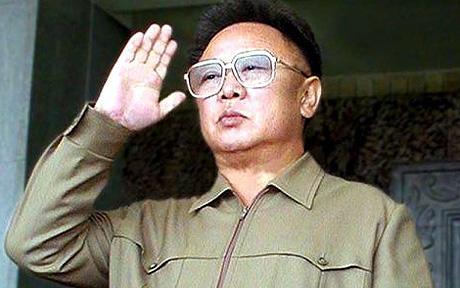From McClatchy Newspapers:
WASHINGTON — With Dakota Meyer standing at attention in his dress uniform, sweat glistening on his forehead under the television lights, President Barack Obama extolled the former Marine corporal for the “extraordinary actions” that had earned him the Medal of Honor, the nation’s highest award for valor.
Obama told the audience in the White House East Room on Sept. 15 that Meyer had driven into the heart of a savage ambush in eastern Afghanistan against orders. He’d killed insurgents at near-point-blank range, twice leapt from his gun turret to rescue two dozen Afghan soldiers and saved the lives of 13 U.S. service members as he fought to recover the bodies of four comrades, the president said.
But there’s a problem with this account: Crucial parts that the Marine Corps publicized and Obama described are untrue, unsubstantiated or exaggerated, according to dozens of military documents McClatchy examined.
Sworn statements by Meyer and others who participated in the battle indicate that he didn’t save the lives of 13 U.S. service members, leave his vehicle to scoop up 24 Afghans on his first two rescue runs or lead the final push to retrieve the four dead Americans. Moreover, it’s unclear from the documents whether Meyer disobeyed orders when he entered the Ganjgal Valley on Sept. 8, 2009.
The statements also offer no proof that the 23-year-old Kentucky native “personally killed at least eight Taliban insurgents,” as the account on the Marine Corps website says. The driver of Meyer’s vehicle attested to seeing “a single enemy go down.”
What’s most striking is that all this probably was unnecessary. Meyer, the 296th Marine to earn the medal, by all accounts deserved his nomination. At least seven witnesses attested to him performing heroic deeds “in the face of almost certain death.”
Braving withering fire, he repeatedly returned to the ambush site with Army Capt. William Swenson and others to retrieve Afghan casualties and the dead Americans. He suffered a shrapnel wound in one arm and was sent home after the battle with combat-related stress. Meyer’s commander, Lt. Col. Kevin Williams, commended him for acts of “conspicuous gallantry at the risk of his life … above and beyond the call of duty.”
But an exhaustive assessment by a McClatchy correspondent who was embedded with the unit and survived the ambush found that the Marines’ official accounts of Meyer’s deeds — retold in a book, countless news reports and on U.S. military websites — were embellished. They’re marred by errors and inconsistencies, ascribe actions to Meyer that are unverified or didn’t happen and create precise, almost novelistic detail out of the jumbled and contradictory recollections of the Marines, soldiers and pilots engaged in battle.
The approval of Meyer’s medal — in an unusually short time — came as lawmakers and serving and former officers pressed the military services and the Pentagon to award more Medals of Honor because of the relatively few conferred in the wars in Afghanistan and Iraq. Only 10 of the decorations have been awarded since 2001, seven of them posthumously.
Meyer is the first living Marine since the Vietnam War to be awarded the honor. It was first bestowed in 1863.
Read the rest of the story.

COMMENTS
Please let us know if you're having issues with commenting.